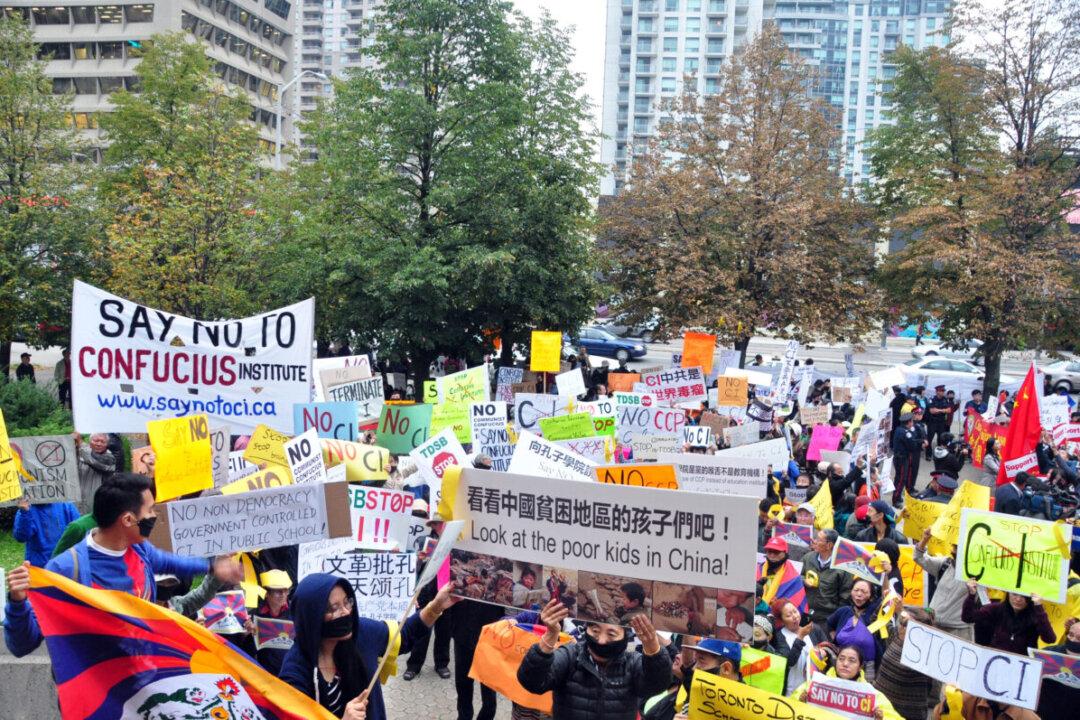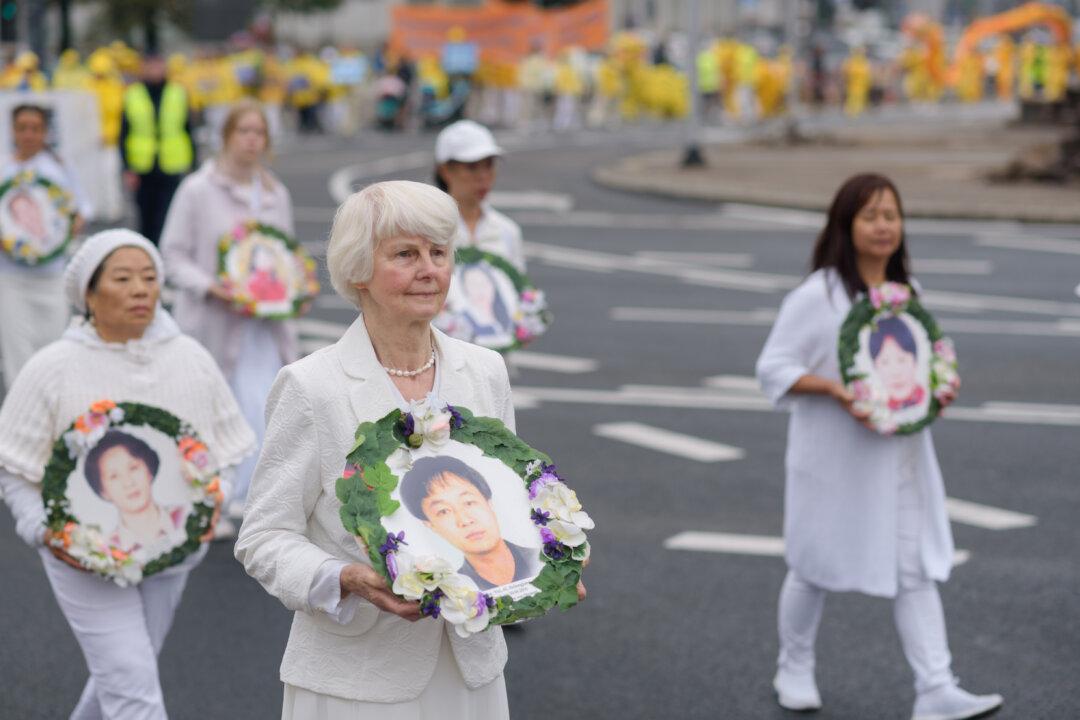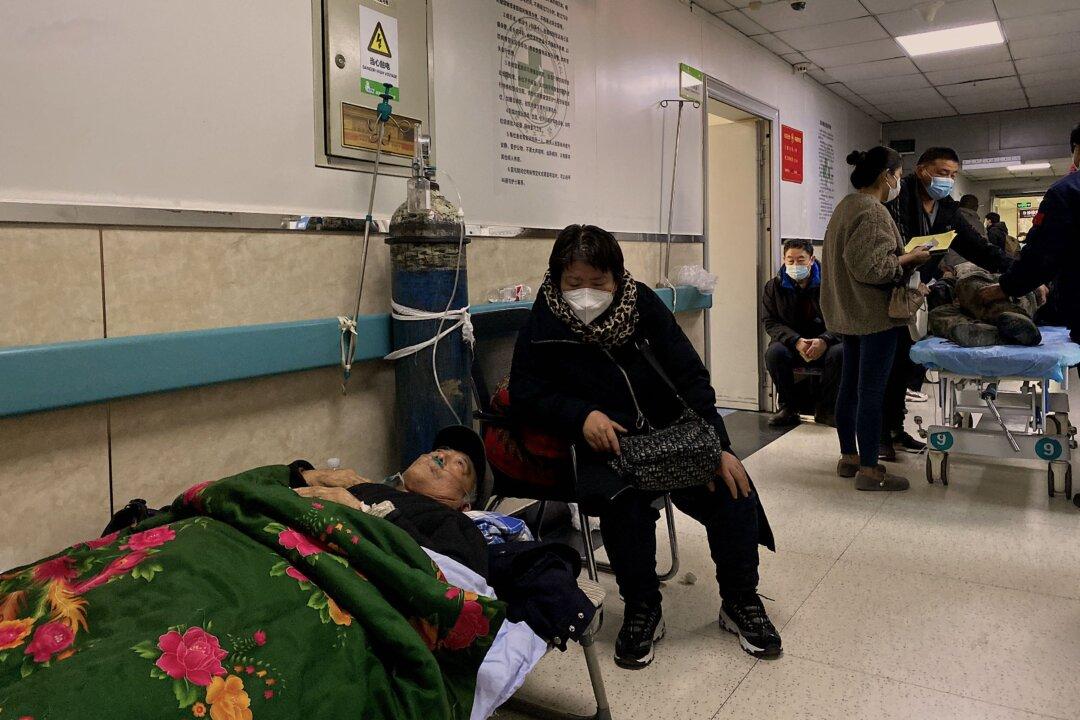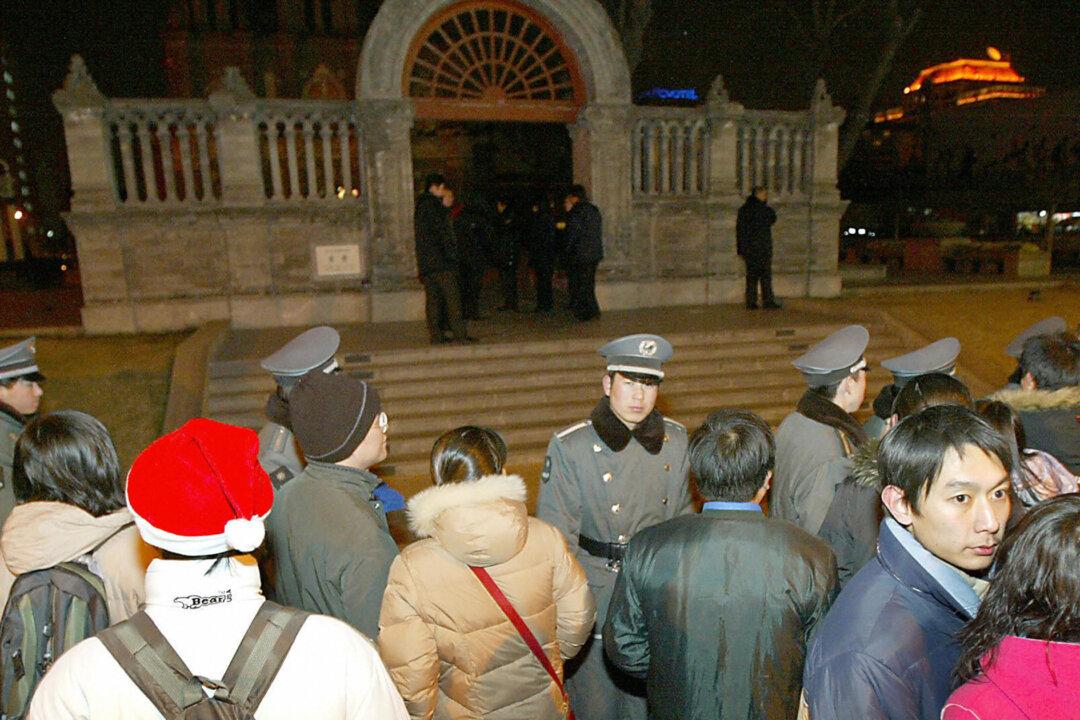Around the world, the Chinese regime has partnered with universities and academic institutions to install language centers known as Confucius Institutes (CIs). Drawing upon the name of China’s most famous philosopher, Beijing has promoted these centers as an educational gateway to the country’s language, culture, and history.
But these centers are not as benign as they sound, warns a recently released French military think tank report.




